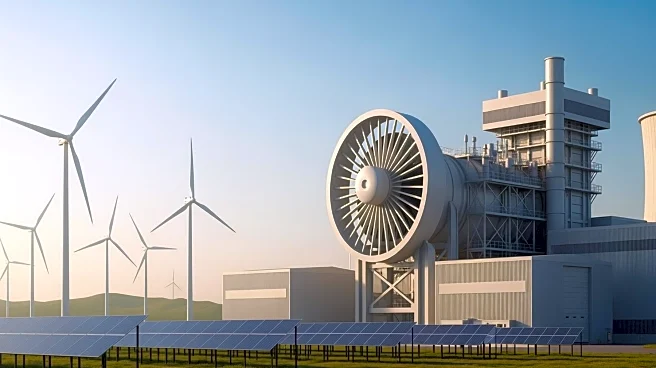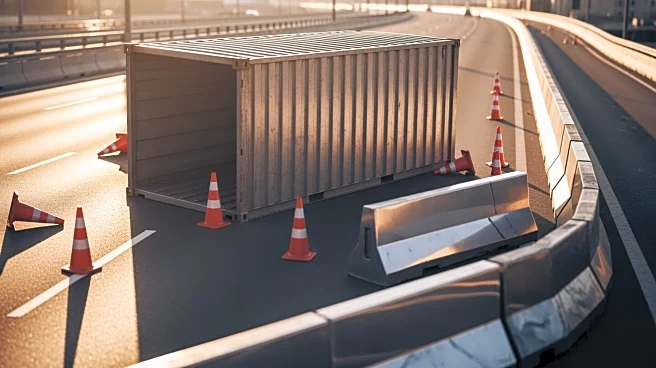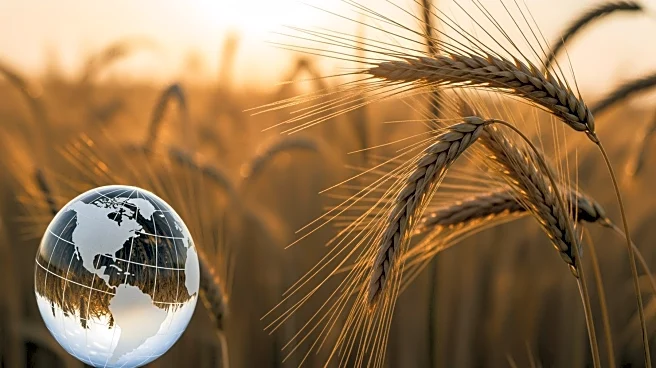What's Happening?
South Africa's Cabinet-approved Integrated Resource Plan (IRP 2025) has introduced significant policy adjustments, including raising the minimum load factor to 50% for initial gas-to-power (GtP) plants. This adjustment is part of a broader strategy to transition
the country's energy mix away from coal. The plan allocates 6,000 MW to GtP by 2030, despite challenges such as the lack of necessary infrastructure and long lead times for gas turbines. Electricity and Energy Minister Dr. Kgosientsho Ramokgopa emphasized efforts to meet these targets, including converting existing gas turbines from diesel to gas. The decision is linked to the decommissioning of 8,000 MW of coal-fired capacity and aims to anchor gas demand for industrial users, facilitating liquefied natural gas imports. The IRP 2025 also includes provisions for clean-coal technology, nuclear power, and renewable energy sources, with a total of 105,000 MW of new generation capacity planned by 2039.
Why It's Important?
The IRP 2025 represents a pivotal shift in South Africa's energy policy, aiming to reduce reliance on coal and diversify the energy mix. This transition is crucial for addressing environmental concerns and ensuring energy security. The increased gas load factor and the introduction of renewable energy sources are expected to stabilize the energy supply and support industrial growth. However, the plan's success hinges on overcoming infrastructure challenges and securing investment. The policy adjustments could have significant economic implications, potentially lowering energy costs and fostering industrial development. The focus on nuclear and clean-coal technologies also highlights South Africa's commitment to exploring diverse energy solutions.
What's Next?
The IRP 2025 will be gazetted by October 24, with further details on technology cost assumptions to be published on the Department of Electricity and Energy's website. The government plans to revive the pebble bed modular reactor technology, placing it under the South African Nuclear Energy Corporation's control. This move aims to demonstrate the technology's competitiveness. The state-led generation build-out will continue, with mega-scale procurement bid windows expected to play a key role. The plan's implementation will be closely monitored, with potential adjustments based on technological advancements and market conditions.
Beyond the Headlines
The IRP 2025's focus on diversifying energy sources reflects a broader global trend towards sustainable energy solutions. The plan's emphasis on state-led initiatives underscores a strategic shift from market reliance to government-driven energy security. This approach may influence other countries facing similar energy challenges. Additionally, the integration of nuclear and clean-coal technologies raises ethical and environmental considerations, necessitating careful evaluation of their long-term impacts. The plan's success could serve as a model for balancing economic growth with environmental sustainability.














